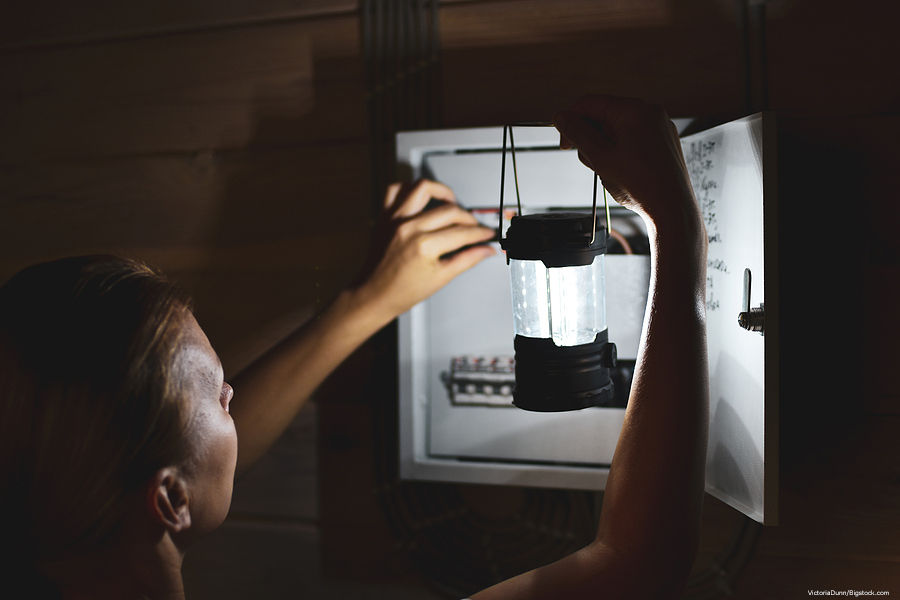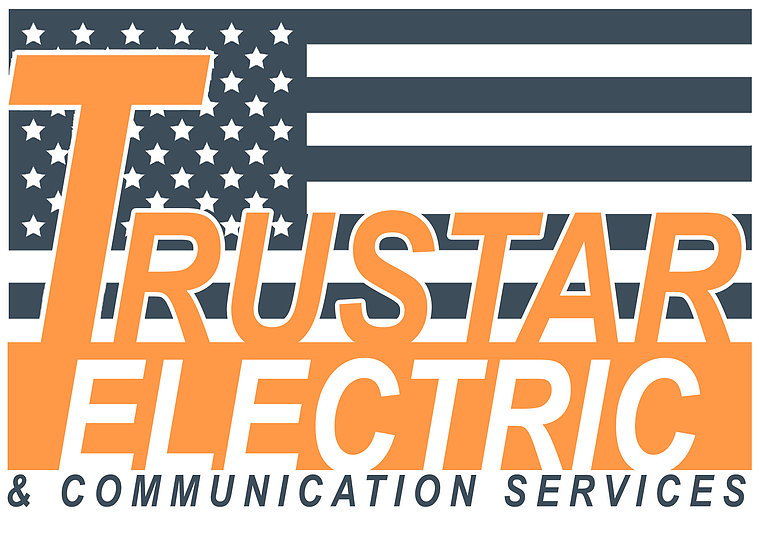What to Do When Your Residential Circuit Breakers Keep Tripping
- Trustar Electric

- Jan 3, 2023
- 3 min read
Updated: Aug 18, 2025

At one time or another, we’ve all had to venture into the basement, flashlight in hand, to open up the breaker box and take care of a tripped circuit breaker. It’s not any fun, but it’s not exactly a disaster, either. At most, a tripped breaker is usually just annoying, leaving a whole room in the dark or shutting off your TV while you’re in the middle of your favorite show. Taking care of the problem is usually pretty simple, too, and most of the time it doesn’t require help from a licensed electrician.
First! Let’s talk a little bit about circuit breakers, what they are, what they do, and why they’re important in your home. A circuit breaker is a device that can give an intentional interruption to the flow of power if the amount of electricity flowing through the breaker exceeds a preset threshold. This keeps the power from overloading circuits, which can cause all sorts of other problems, some of them dangerous. The occasional tripped breaker is nothing to worry about because the breaker is just doing its job. If your breakers are tripping frequently, however, then they might be trying to tell you something.
Why are my circuit breakers tripping? Circuit breakers can trip for a number of reasons, some more benign than others, but the most common is what’s known as “circuit overload.” That means you’re pulling too much electricity through that circuit at the same time, usually because you have too many appliances or other electronics plugged into the same circuit. You can handle this in the short term by simply using fewer devices on that circuit. Remember that different devices pull different amounts of power in different ways and put different loads on a circuit. If the situation continues, however, you’ll probably want a licensed electrician to take a look and see if an upgrade to your home’s wiring can solve the problem.
What do I do if a breaker trips? Again, a single tripped breaker is nothing to worry about. Simply shut off any lights and appliances that are affected and then head to your electrical panel, which is probably in the basement. The circuit breakers are inside and should be clearly labeled, indicating which circuit the breaker controls. Even if they aren’t labeled, however, you should be able to tell which breaker is tripped. Just look for the breaker that’s in a different position than the ones around it. Simply flip that breaker like you would a light switch, and you should be back in business.
When should I call a licensed electrician? As we mentioned, tripped breakers have several possible causes. While most are fairly harmless, that isn’t always the case. A short circuit happens when two “hot” wires touch. This can lead to damage to the circuit and even fire. You may be able to identify a short circuit by looking for telltale signs such as a scorched or brown look to outlets or a burnt smell. Short circuits can be hazardous for a number of reasons, so if you have any concerns, you should call a licensed electrician right away. Really, that’s true anytime you feel uncomfortable working with any part of your home’s electrical system.
At TruStar Electric, we pride ourselves on providing our Springfield-area customers with reliable and responsive service for all their commercial or residential electrical needs so that they can enjoy peace of mind. If you’ve been searching for a licensed electrician in or around Springfield, MO, we’re glad you found us! Get in touch and learn what we can do for you today!



Comments